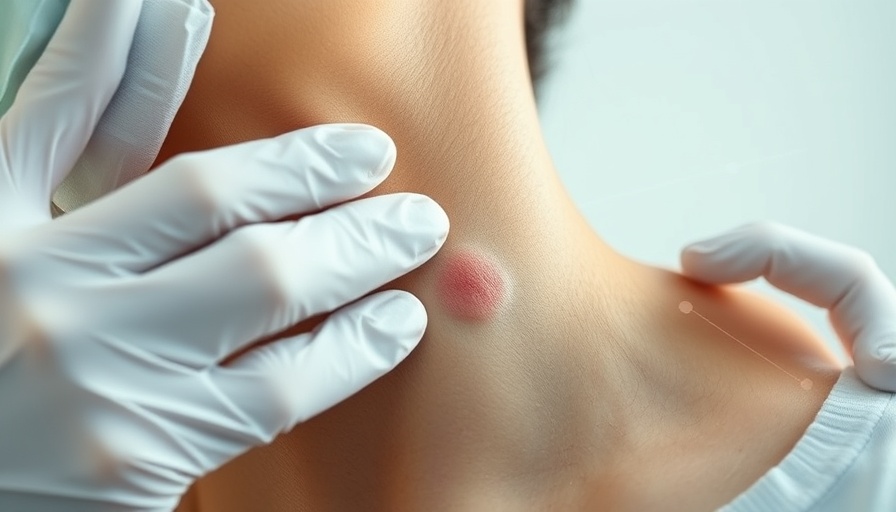
Key Developments in Dermatology This Week
This week in dermatology, several groundbreaking developments have emerged impacting patient care and treatment protocols. Among the highlights is the efficacy of Barzolvolimab, which has shown potential in reducing symptoms for patients grappling with antihistamine-refractory chronic spontaneous urticaria (CSU). This monoclonal antibody appears promising for adults suffering from moderate to severe CSU, marking a significant advancement in treatment options.
Mental Health Emphasis in Dermatology Trials
Additionally, Almirall is taking strides in incorporating psychological well-being into dermatologic clinical trials through the use of the WHO-5 Well-Being Index. This holistic approach is pivotal, as it aligns treatment outcomes with the psychological aspects of skin conditions, recognizing that skin diseases often exacerbate mental health issues.
Real-World Efficacy of Rupatadine
Rupatadine, an antihistamine, has demonstrated real-world efficacy for chronic spontaneous and inducible urticaria. Continuous treatment not only improved symptoms but also offered a reliable alternative for patients who haven’t responded well to other therapies. This finding can help clinicians tailor more effective treatment plans for their patients.
Safety of Ruxolitinib Cream
The 2025 RAD Meeting spotlighted Ruxolitinib cream’s safety when combined with systemic therapy for atopic dermatitis. The focus on dermatology’s evolving treatment landscape emphasizes the need for safe combined therapies to effectively manage complex skin issues.
Link Between Chronic Urticaria and Psychiatric Issues
Research unveiled at the week’s discussions highlighted the concerning correlation between chronic urticaria and heightened odds of psychiatric conditions, including anxiety, depression, and even substance use disorders. This sheds light on the broader implications of skin conditions, calling for an integrated treatment approach that considers both mental and physical health.
Flexible Dosing of Abrocitinib
Two promising late-breaking studies reported on abrocitinib’s flexible dosing for atopic dermatitis, suggesting that personalized dosing can greatly improve clinical outcomes. As patients require customized care, insights gained here may fuel future treatment choices.
Rising Innovations: HydraFillic Booster
Innovation continues with the launch of the Hydrafacial HydraFillic 9-Peptide Booster, designed for advanced skin rejuvenation. Featuring plant-derived technology, this treatment promises to enhance skin hydration and minimize the appearance of fine lines, a growing concern among skin care enthusiasts.
Understanding the Research Landscape
With emerging treatments and findings from the latest dermatological studies, this week’s roundup highlights a significant shift towards evidence-based practices that synergize dermatological health with mental wellness. For professionals in the field and conscious consumers alike, these insights not only enhance understanding but also drive informed choices about skin care products and treatments.
As we look towards the future, it’s essential to embrace these advancements in dermatology, allowing both practitioners and patients to make decisions rooted in comprehensive data. Integrating new treatment patterns systematically could hold the key to easing the burden of skin conditions while also prioritizing mental health.
 Add Row
Add Row  Add
Add 






Write A Comment